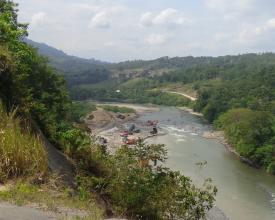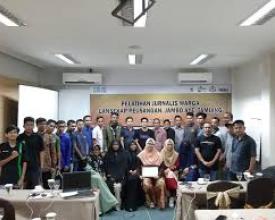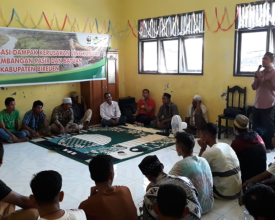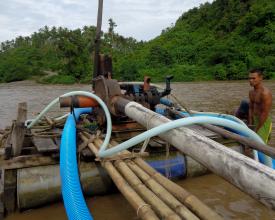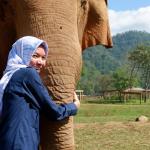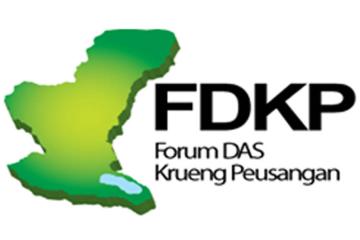
Ensuring responsible natural resource extraction through community participation and business engagement at Peusangan watershed
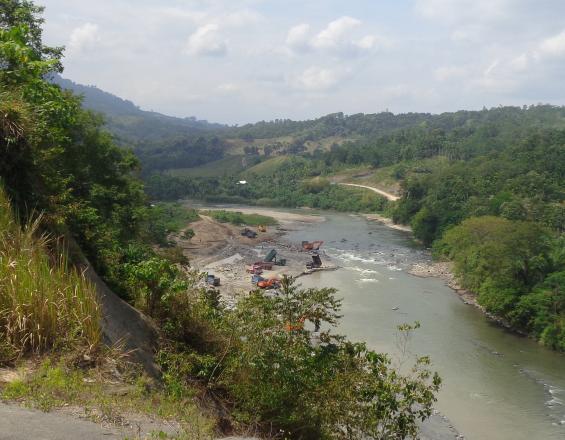
The Peusangan watershed has an abundance of natural resources and supports the livelihoods of more than 180,000 local communities. It has been threatened by destructive businesses such as sand and gravel extraction. Hundreds of illegal extraction activities are found along the Krueng Peusangan river. This has led to frequent flooding, severe damages on riverbank and a decrease of water quality. It also contributes to more human–elephant conflicts which occurs in surrounding villages.
WWF Indonesia worked with Peusangan Watershed Forum to improve their current situation by strengthening capacities of local people. After raising the awareness of customary leaders about mining regulations, they worked hand in hand with us to engage business owners. At the grassroots level, local communities are trained to send information and pictures to an online news agency. They are equipped with cameras, writing manuals, and skills to capture pictures and write articles about irresponsible practices.
Impacts
Thanks to the unique yet strong local wisdom, the people now work hand in hand with the government and businesses to ensure fresh water supply. More than 25 local communities send pictures and news articles regularly to an online news agency. Surprisingly, the government reacts faster to improve law enforcement and revise district spatial plans where there will be a specific zonation for sustainable sand and gravel extraction. With zoning, it is easier to monitor illegal activities and ensure that legal business owners comply with their license.
With "multi-doors" pressure, 40 mining companies met the recommendations of the Office of Investment of Bireuen district by 2019. The recommendation require certain documents to ensure the extraction is located in an eligible location and is carried sustainably. The recommendation is needed for further license application at the province level. This is a significant change of behaviour since none of them acquired licenses before.
Additionally, three districts in Peusangan watershed are now implementing ecotourism such as rafting, to support community’s alternative livelihoods. It is also part of raising public awareness to conserve the watershed. Likewise, five companies using water from Krueng Peusangan river are now committed to paying environmental services by allocating financial resources to restore the watershed.

